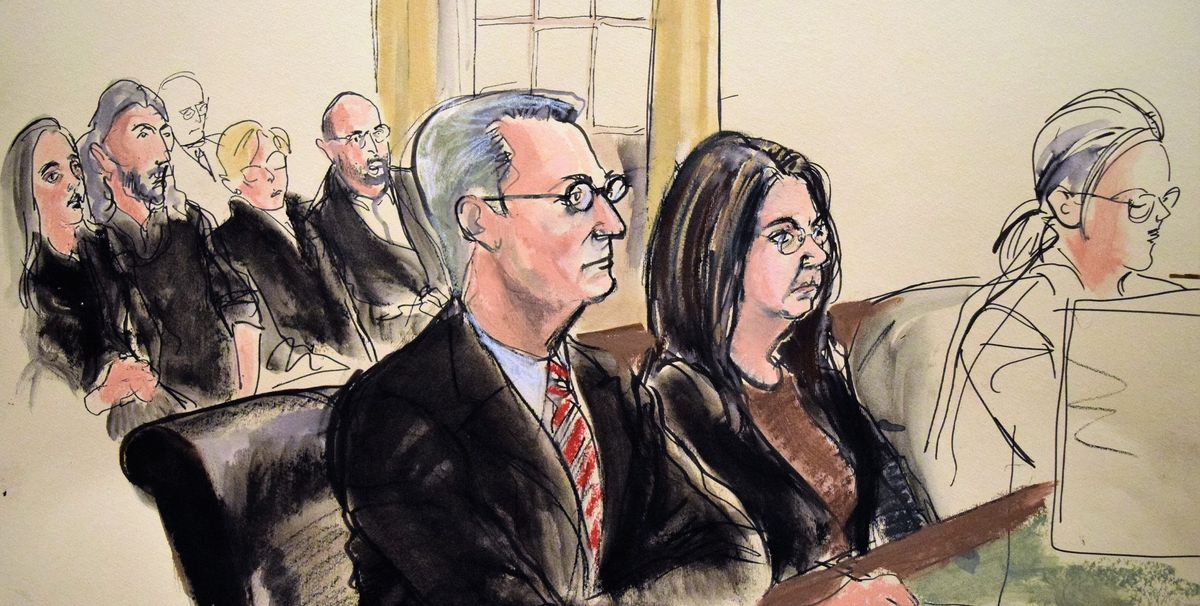Glafira Rosales, the Long Island art dealer who played a key role in the $80m forgery scandal that brought down the Knoedler gallery, was sentenced on Tuesday, 31 January by a federal judge in New York to the 82 days she spent in prison after her May 2013 arrest, nine months of house detention and three years of supervised release. “I am not putting you back in jail,” she told the defendant.
In September 2013, Rosales pleaded guilty to conspiracy, wire fraud, money laundering and filing false tax returns, among other charges, and admitted that around 60, mostly Abstract Expressionist paintings she had brought to Knoedler and the Julian Weissman gallery over a 14-year period were all painted by a Chinese immigrant, Pei-Shen Qian. Monetarily, it was one of the largest art frauds in history, according to Jason Hernandez, the former assistant US attorney who indicted Rosales.
Rosales has been an enigmatic figure despite the widespread attention surrounding the scandal, but deeply personal details of her life were revealed in court, including allegations of abuse by her father and then by her partner of 25 years, Jose Carlos Bergantiños Diaz, who fled to Spain before he too was indicted as a co-conspirator in the fraud.
Her attorney, Bryan Skarlatos of Kostelanetz & Fink, described Bergantiños in court papers and at the hearing as the mastermind of the fraud and an “evil man” who beat Rosales, tried to choke her to death before being interrupted by a housekeeper, and threatened to kill Rosales and their daughter, Isolina. Skarlatos said Rosales, who has been diagnosed with post-traumatic stress disorder, participated in the scheme because Bergantiños coerced her and out of fear that he would harm their daughter.
In a tearful voice, Rosales told the judge, “I am truly, truly sorry… I’ve been hit, tortured, and left alone, but I know that doesn’t excuse what I did.”
Addressing the defendant, Judge Katharine Polk Failla said that “no purpose would be served by putting you back in jail… I do believe that you did a lot of what you did because you were concerned for [Isolina] and that she would be taken away from you.”
The light sentence was not opposed by assistant US attorney Patrick Egan, who found no reason to doubt that Rosales was an abused woman who acted under duress. He also said Rosales had given the government valuable information for tracking bank accounts in Spain and formulating the indictment against her alleged co-conspirators—Bergantiños and his brother, whom the Justice Department tried unsuccessfully to extradite from Spain, and the painter Pei-Shen Qian, who is believed to be in China. Rosales herself has forfeited all her assets except for her retirement account to the government. She currently rents a room in a friend’s house and has a job bussing dishes in a restaurant.


